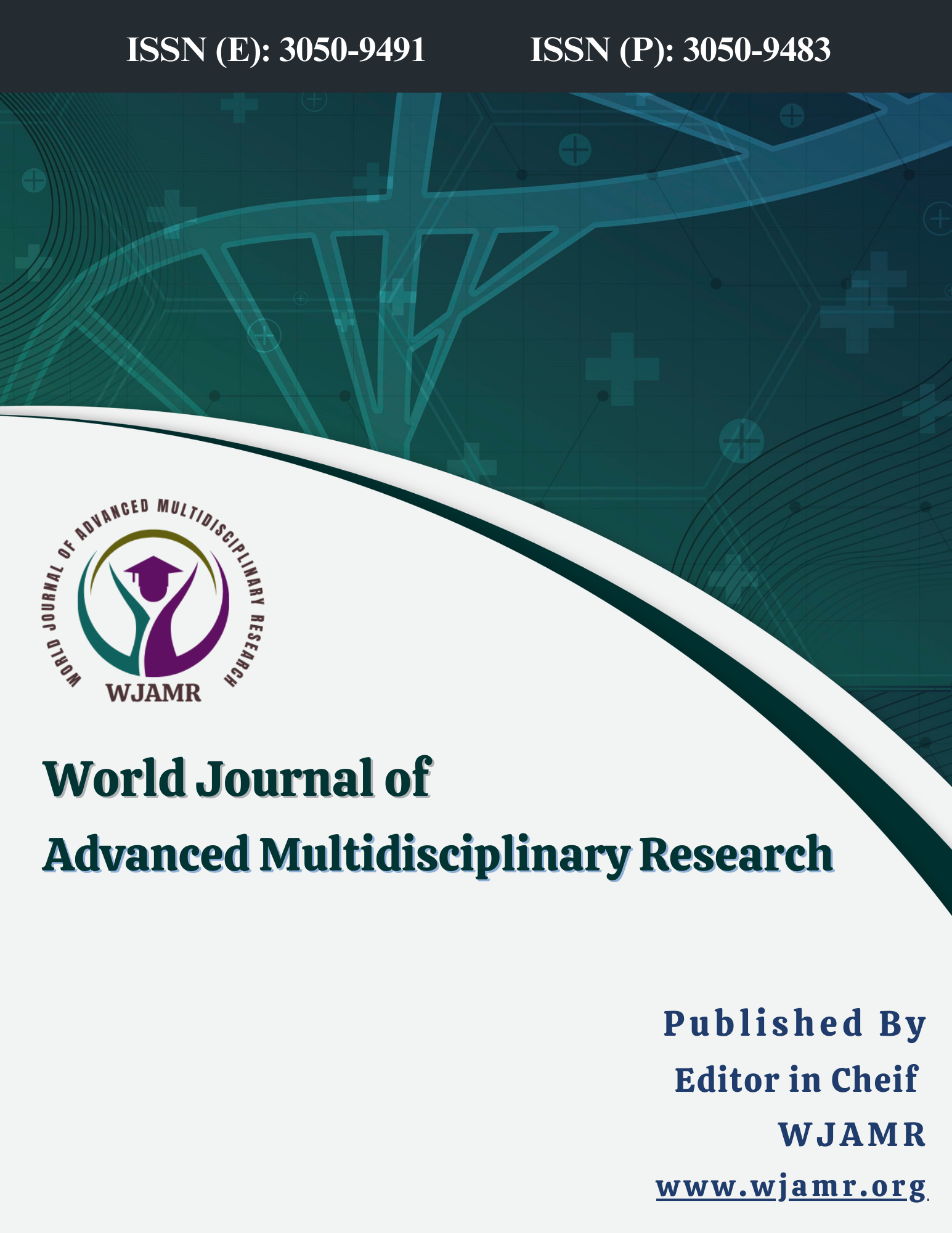DOI:
VOLUME 2 – MAY ISSUE 3
*Ihedioha A.U., Ozims S.J. and Eberendu I.F.
ABSTRACT
One of the most prevalent non-communicable disorders that affect public healthworldwide is hypertension. In developing countries, the prevalence of sickness isincreasing, particularly in several sub-Saharan African nations where the pace ofincrease in non-communicable diseases is almost at the point of overtaking that ofcommunicable diseases. The goal of the current study was to find out how healtheducation interventions affected the prevalence of undiagnosed hypertension inpeople in Mbaitoli LGA, Imo State, Nigeria. The control group and the interventionwere both included in the study's two-arm design. Six communities were chosen atrandom from the LGA and divided into three communities each for the control andintervention groups. The World Health Organization's paradigm fornoncommunicable illnesses called for the intervention group to receive counseling,an educational intervention, and hypertension control. This includes three-hourdidactic lecture sessions that are followed by engaging group exercises andactivities. The sessions, which took place six times a week for six months, were ledby doctors and nurses. Raising awareness of undetected hypertension and teachingpeople how to adopt a healthy lifestyle that can lower the prevalence of undiagnosedhypertension were the goals. The control group just received a brief, thirty-minutehealth presentation about hypertension. Both groups underwent baseline and postinterventionevaluations, and descriptive and inferential methods, such as logisticregression, chi-square testing, and the t-test, were used to analyze the data.The result shows that hypertension rate only reduces slightly in the control groupbut recorded significantly reduction in the intervention group (35.9% to 27.9%, P=0.04). the mean SBP was not significant at the control group (Baseline: 143.2 ± 9.8,post-intervention: 142.7 ± 9.5) but reduced significantly (P < 0>intervention group (Baseline: 141.5 ±11.8; post-intervention: 132.7 ± 8.9). Therewas a significant rise in mean knowledge at for the intervention group (Baseline:5.21 ± 1.86; post-intervention: 7.93 ± 2.72; P indication that many adults are vulnerable to the burdens of undiagnosedhypertension and an organized health educational intervention programmes onundiagnosed hypertension targeting knowledge improvement to minimize theburden of hypertension in the society.
Keywords:
Hypertension, Awareness, Knowledge, Mbaitolu.
